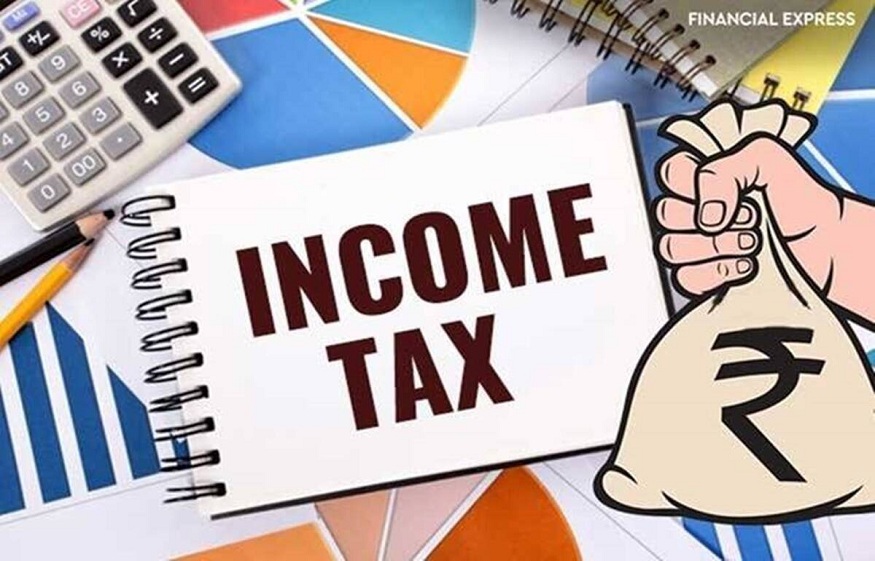Filing your taxes for the first time may seem complicated with so many forms to choose from. But with some help, you can learn which ITR form you should file and get an estimate of your taxes with an income tax calculator. So, today let’s understand the seven different types of ITR forms and the one applicable to you.
Different Types of Income Tax Returns Forms
Go through the below-mentioned ITR forms to know which one you should file based on the criteria:
-
ITR 1 or SAHAJ
This type of Income Tax Return form is also called as Sahaj form, which is for individual taxpayers. If you are earning an income from any one of the following, then ITR 1 form applies to you:
- Income from pension or salary
- Income earned from one housing property
- Agricultural income up to INR 5000
- Income from any other source (except lotteries or horse races)
Who shouldn’t file ITR 1 form?
- The total income of the individual is more than INR 50 Lakh
- Individuals with taxable capital gains
- Any income from a business
- Income from more than one housing property
- Having any foreign assets or income
- If you have invested in unlisted equity shares
- If you are an RNOR (Resident But Not Ordinarily Resident) and non-resident
-
ITR 2
Such an ITR form is suitable for individuals with an income of more than INR 50 Lakh, which includes:
- Income from pension or salary
- Income from housing property
- Income from any other source (except lotteries or horse races)
The following individual taxpayers can opt for this Income Tax form:
- If you are a Director at any company
- If you are an RNOR (Resident But Not Ordinarily Resident)
- If you have invested in unlisted equity shares
- Having an agricultural income of more than INR 5000
- Income from capital gains
- Having foreign income or assets
-
ITR 3
The Income Tax Returns form 3 is suitable for individuals who earn an income from a business or through a profession. Go through the following income criteria:
- If you are a Director at any company
- If you have invested in unlisted equity shares
- Income from pension or salary
- Income from housing property
- Income earned as a partner at any firm
- Income from business or a profession
-
ITR 4 or SUGAM
This type of ITR form is for individuals, partnership firms (except for Limited Liability Partnership), Hindu Undivided Family (HUFs), etc. having an income from business or profession. The total income should not exceed INR 50 Lakh, which is computed under Sections 44AD, 44ADA, and 44AE of the Income Tax Act.
Who shouldn’t file ITR 4 form?
- Having income from more than one housing property
- Having income from foreign assets
- If you have carried forward any losses under an income head
- Income from other sources outside India
- If you are an RNOR (Resident But Not Ordinarily Resident) and non-resident
- If you are a Director at any company
-
ITR 5
Such an ITR is applicable for firms, Limited Liability Partnership (LLP), Body of Individuals (BOIs), Artificial Juridical Person (AJP), and Association of Persons (AOPs). Business trusts, investment funds, and the estate of insolvent or deceased can also use the ITR 5.
-
ITR 6
The Income Tax Returns form 6 is applicable for all companies except for the ones claiming an exemption under Section 11 of the Income Tax Act. This type of return can only be filed electronically.
-
ITR 7
This type of ITR form is suitable for filing returns from charitable trusts, religious organisations, universities, hospitals, political parties, news agency, etc.
With this, you must have now understood which ITR form is suitable for you. But if you are still confused regarding the taxes you need to pay, check out the income tax calculator that does the estimation. By inputting simple details of your income, you can easily get an accurate tax estimate. Ensure to consider various tax-saving investments and exemptions such as term insurance plans, pension schemes, ULIP plan, etc.

